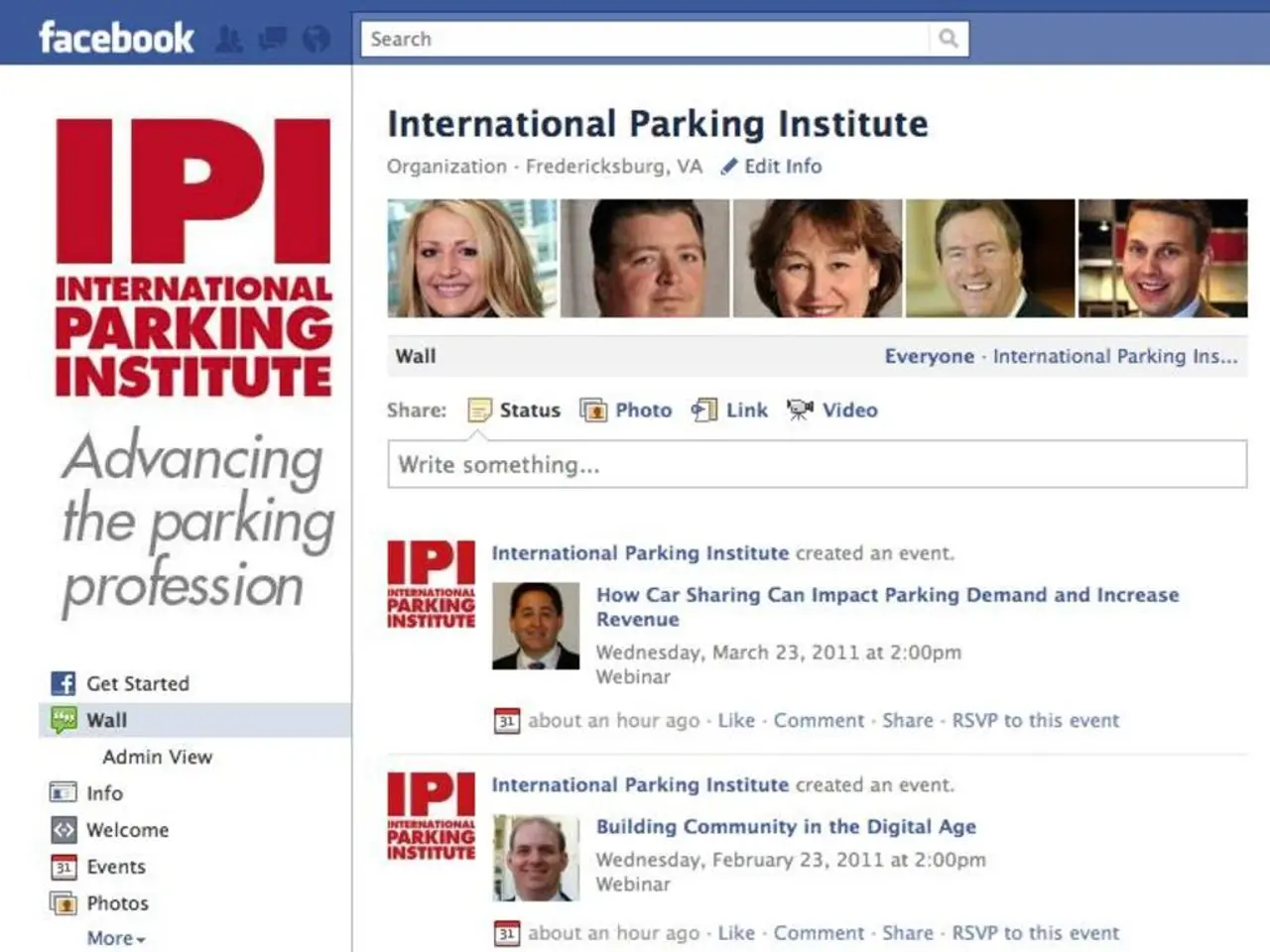Social Media Usage Decline: APA Survey Reveals Over Half of Adults Limited Their Social Media Activities in 2025
The American Psychiatric Association (APA) has released the findings from its latest Healthy Minds Poll, conducted in June 2025. The poll, fielded online by Morning Consult, sheds light on Americans' relationship with technology, mental health, and social media.
Moderating Technology Use
Half of American adults (50%) have actively limited their social media usage in 2025, reflecting a significant behavior change towards limiting time on these platforms. However, 62% of adults feel anxious without access to their phone, yet two in five adults are cutting back on overall phone time, showing a complex and sometimes conflicting relationship with technology.
Neutral Attitudes Towards Social Media's Impact on Mental Health
Regarding social media's impact on mental health, 44% of adults feel neutral, but more say social media does more harm (32%) than good (24%) to their own mental health. When it comes to children, only 28% of parents believe social media negatively affects their children's mental health.
On a societal level, 42% of adults think social media has harmed society, and 38% believe it has damaged political discourse.
Increasing Engagement with Mental Health Content
Engagement with mental health content on social media is increasing. 38% have seen people share their mental health experiences online, up from 30% in 2024. Moreover, 29% have learned about mental health disorders via social media, up from 22% in 2024.
Seeking Professional Help
According to the poll, 17% of Americans have talked to a professional about mental health information they've seen on social media. Younger people are more likely to have broached the conversation with a doctor than those over 45.
The APA and Mental Health
The APA, the oldest medical association in the country, founded in 1844, is the largest psychiatric association in the world with over 39,200 physician members. Its vision is to ensure access to quality psychiatric diagnosis and treatment. The APA's Healthy Minds Monthly tracks timely mental health issues throughout the year.
Journalists who wish to access a full copy of the results can email [email protected]. Past Healthy Minds polls can be found on the APA's website.
These findings reveal a nuanced view where Americans increasingly moderate their technology use, express concern about social media's negative impacts on mental health and society, but at the same time are more exposed to and engaged with mental health discussions online.
- Nearly half of American adults (50%) actively limited their social media usage in 2025, reflecting a significant behavior change towards cutting back on these platforms.
- While more adults feel that social media does more harm (32%) than good (24%) to their own mental health, only 28% of parents believe it negatively affects their children's mental health.
- Engagement with mental health content on social media is increasing, with 38% having seen people share their mental health experiences online, and 29% learning about mental health disorders via these platforms.
- The American Psychiatric Association, which is the largest psychiatric association in the world, has conducted a poll revealing that 17% of Americans have discussed mental health information they've seen on social media with a professional.
- The APA, in its vision to ensure access to quality psychiatric diagnosis and treatment, tracks timely mental health issues throughout the year, providing findings in its Healthy Minds Monthly reports and hosting past poll results on its website.




